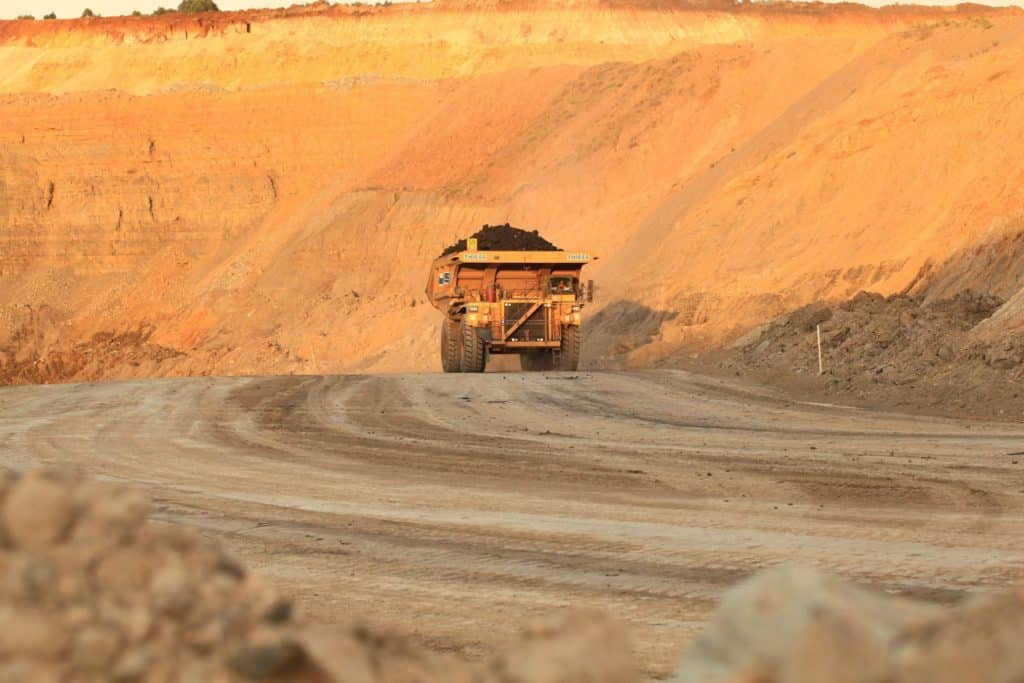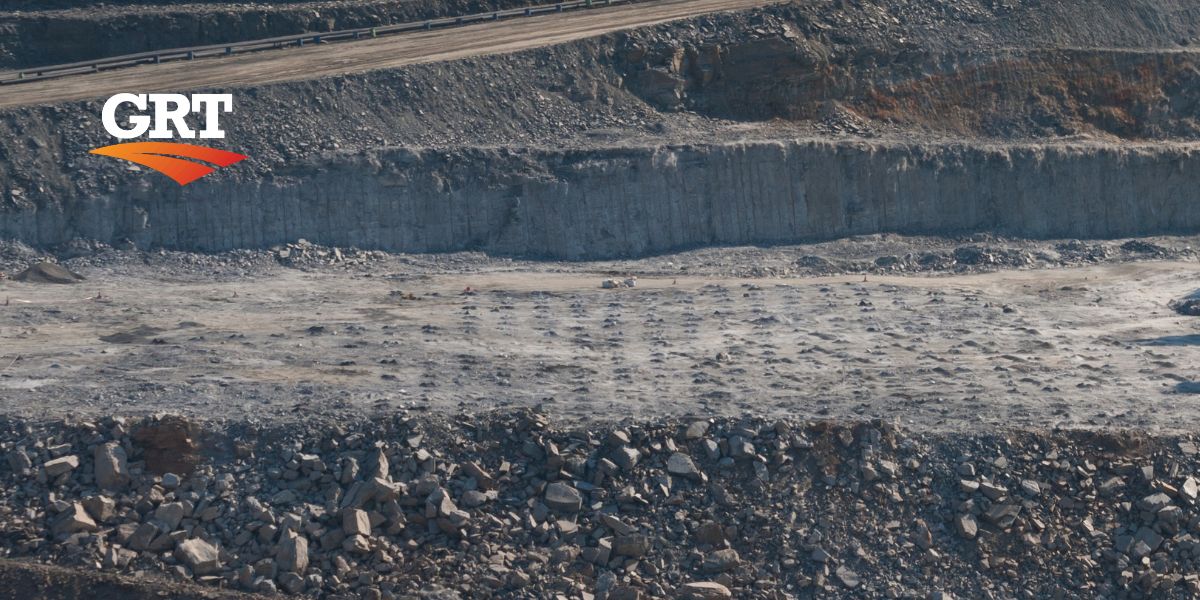Climate change is a natural cycle that changes with time, however, due to human intervention, this process has been triggered to accelerate. The evidence is clear on a multitude of different fronts. There is evidence in abrupt changes in floral and faunal behaviour across different regions of the globe. We see natural weather systems change year by year. Cyclones, typhoons and hurricanes all decreasing in frequency but increasing in intensity, as predicted. Seasons are coming earlier and leaving later than usual. There are pieces of evidence across the world that environmental processes are changing, from water currents to rain patterns, to extension in droughts, to extreme variation in the ENSO phenomenon, monsoonal systems, Indian Ocean Dipole, Southern Annular Mode and many more climatic phenomena across the world. As alarmist as it might sound, this is our reality. The climate is changing whether people would like to believe its natural, or human-induced, either way, we must mitigate against these changes. One consequence that will greatly affect Australia, in particular, is a consequence called the expansion of the tropics.
If you have ever taken the time to study a globe, you will see that the location of the largest rainforests and deserts around the world are all focussed on the same latitude. This is due to large horizontally rotating cells of air that reside in the atmosphere that induces rain and thunderclouds to the tropics and warm, stable conditions to the deserts. The sun warms the sea and land at the equator, as a result, the air rises causing it to condense and form rain clouds, providing the rain we see at the Amazon, Indonesia and Northern Africa. This cell, called the Hadley Cell, moves air towards the pole, and as the temperature begins to fall, the air becomes dense and begins to fall towards the surface. As the air begins to fall it stabilises the atmosphere providing clear, warm conditions, which is where you would find the location of places such as the Atacama Desert, the Australian outback and the Sahara.
The concept of the expansion of the tropics is given away in its name. As the sea surface and land temperatures continue to increase due to climate change, steadily the part of the cell that usually provides the desert with warm, stable air, is stretching further and further south, hence expanding the area that we associate as the desert.

As the air moves towards the poles, the area of the atmosphere where the air would usually begin to become cool and dense is now too warm. The air continues to move south until it reaches temperatures at which it is able to become cool enough to descend to the surface of the earth. This infers that over time we will see that deserts will begin to stretch further and further south, hence expanding the area that we dub the tropics. Dust and sand dust storms will be a frequent inconvenience in locations where today we wouldn’t believe it ever becoming a problem.
Are environmental regulations, health and safety concerns or potential profit loss a concern right now?
Practically we must evaluate how these changes will affect our society. Dust storms such as those that have been experienced in Sydney on occasion, will become a more frequent occurrence. This will prove to be a major disruption to worksites, mining operations, and most jobs that entail fieldwork. Now, no longer will only miners be at risk of dust induced health issues.
The dust storms will prove to be a logistical nightmare, as the current dust levels from mining operations alone are already proving to be a burden on the industry.
Global Road Technologies foresee that dust is not an issue of the past, but is a problem of the present, and most definitely will be of the future. The products offered by GRT are one of the mitigation solutions to the Australian workforce as the onset consequences of climate change dawn upon us.
The products offered by GRT are versatile, with each product specifically engineered for a variety of uses. The range varies vastly from general everyday use to specifically engineered products, which are designed to last longer and deal with larger quantities of dust. Some examples of these complex polymers are described below to outline the versatility of GRT’s products.
GRT: Haul-loc is a liquid polymer used for general uses against dust, it can be utilised for everyday dust suppression, for example, a construction worksite or stockpile. For more heavy-duty circumstances, products such as GRT: Activate can be utilised specifically for quarry crushers, conveyors and road construction. This product, in particular, can stay active for up to 12 months and is capable of capturing dust that is not visible to the naked eye.
From the context of the mining industry, there is a whole section of products designed specifically to deal with dust generated in open cut and underground mines. Mining processes are quite destructive in nature, and hence the products designed to specifically deal with these heavy-duty circumstances are far more effective than water alone.
GRT’s products can be easily mixed with water and installed into water carts or can be injected through existing spray systems, trucks or stabilizers. GRT offers products that are easy to use, environmentally friendly, odourless, water-resistant, non-flammable, non- dissipating, UV resistant, and are proven to provide quality dust suppression methods for long periods of time.
As legislation for dust suppression becomes more stringent, as seen in the latest issue of Standard 20 document, GRT’s products ensure that your worker’s families can rest easy knowing their loved ones are provided with a safe working environment, because no one deserves otherwise.
Even as the inevitable climate changes, and as the world adjusts to these changes, GRT offers you the chance to be one step ahead.
Troy Adams
Troy Adams is the Managing Director of Global Road Technology (GRT) Specialising in Engineered Solutions for Dust Suppression, Erosion Control, Soil Stabilisation and Water Management. A pioneering, socially conscious Australian entrepreneur, Troy Adams is passionate about health and safety and providing innovative solutions that are cost-effective to the mining industry, governments and infrastructure sectors. Troy is also a tech investor, director of companies like Crossware, Boost, Hakkasan, Novikov and more.

